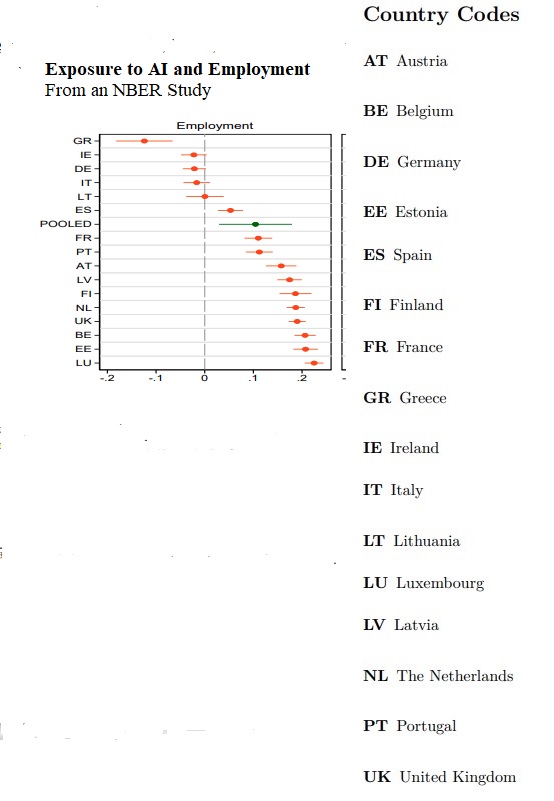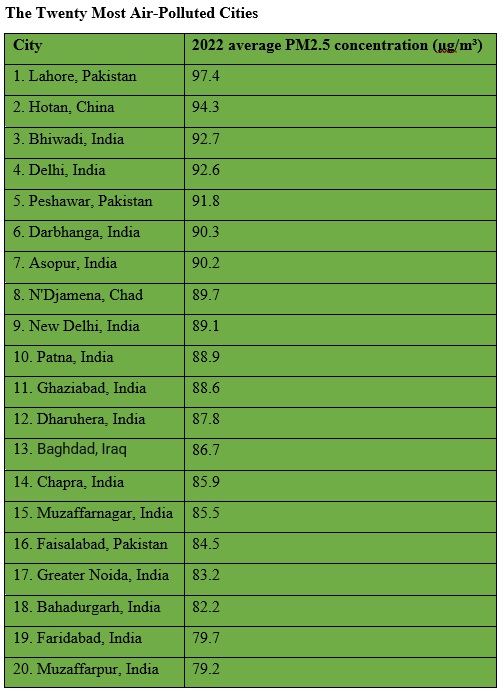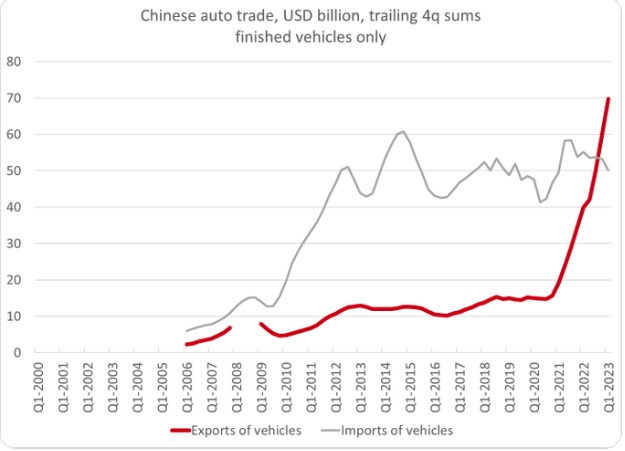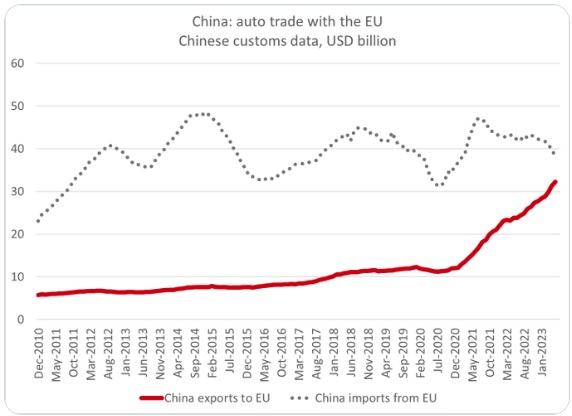We’re working with a company that sends us frequent emails with a litany of tasks for us to do. This business tries ever so lightly to make our life easier by indicating that the important sections of the email begin with the symbol ➡️. We think, great, looking at an email, that Dickens or Tolstoy could have written, we only have to read the paragraphs that begin with this nice, easy to spot, convenient symbol ➡️. But as we begin to plow through the email, which as we might have mentioned, is the length of a George R.R. Martin fantasy series, we note with some horror and fear in our being, that essentially every single paragraph in the email has a ➡️ symbol.
Our first reaction is to think of horrible acts we can commit upon the person who wrote this email, or at least to the person in the big company—and all companies in our economy are now large enough to engulf individuals like a ravenous flesh-eating creature—who came up with the concept of placing a ➡️ symbol at the beginning of all “important” paragraphs, knowing full-well that the golem who crafted these emails would make darn sure that every section would have crucial information the user would have to read or else fall prey to monetary, time-consuming penalties that would ravage their very soul. We picture the employee chuckling evilly from a luxurious veranda overlooking the River Styx where poor men and women paddle down the rapids of customer service hell.
Our second thought is that our life raft of data and information will provide you a study on how AI will save us, why the list of the most air polluted cities contains good news and that China’s coming auto dominance is complicated. It’s this week’s International Need to Know, like Victor Wembayama, towering over sources of international data and information.
Without further ado, here’s what you need to know.
AI Is Coming to Employ You
➡️ Blood and fear sells and so mostly what we see in the media, news and otherwise, are scare stories and bloody messes. So it’s no surprise that there are a plethora of stories about AI, presumably written by humans, that we will all be out of a job soon. But the study, New Technology and Jobs in Europe, in the National Bureau of Economic Research finds that “on average employment shares have increased in occupations more exposed to AI.” Wait, what? Yes, occupations where AI is more prominent lead to more employment in the 16 European countries studied. A couple of caveats: this was especially true for occupations “with a relatively higher proportion of younger and skilled workers.” And, the study examines the period 2011 – 2019, so before the great large language model leap of late 2022. Maybe ChatGPT is different. Still, remember that the world is not about to end because of AI. As always, types of employment will change because of AI (and other factors), but it’s unlikely in the near future we’re all out of a job. Our apologies to those of you who no longer want to work.
Good News: The World’s Most Polluted Cities
➡️ How can a list of the cities with the worst air pollution possibly be good news you might ask. Well, look at the list. As those who are able to count can see, six of the top ten and 14 of the top 20 most air polluted cities are in India. Ten years ago, the top ten would have been littered with Chinese cities. But China has made much progress in dealing with air pollution. The point is, progress is possible (it is a strange world where we are more optimistic than most people, as friends from college and folks who we watch Seattle Mariners games with would attest). India needs to do the same. And they likely will over the next ten years. It is important to do so as more and more studies provide evidence for just how damaging air pollution is for humans (and animals of all kinds). We expect in 2033 countries in Africa will populate the top ten. But we also expecte the level of pollution will be lower as cleaner processes for industry are developed.
China Corner: China’s Complicated Auto Dominance
➡️ We just passed 100,000 miles on our car, a Japanese-brand auto*. Barring our getting into a car accident soon, it is likely our last internal combustion car. But will the next car we buy be Chinese? As we’ve noted before, China has made a big push in the auto industry, most especially because of its progress in electric vehicles, and its dominance of the battery supply chain. Brad Setser does a nice job of graphing it as you can see below. China auto exports are way up in the last three years and their imports are slightly down. In Setser’s second graph, you can see this is having a big impact in the E.U. This may cause even German politicians to reset their policies with China. Most Japanese, Korean and U.S. branded cars are assembled with parts from many countries. Our understanding is Chinese car parts are mostly sourced from Chinese companies.** We expect other countries will demand to be a part of the China auto supply chain in the future.





